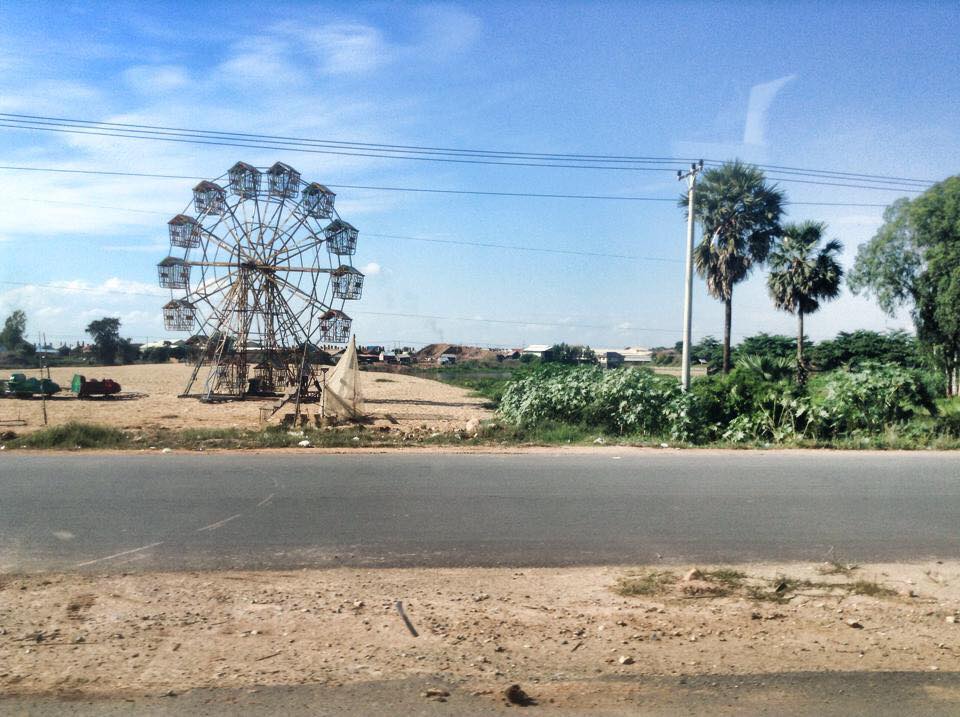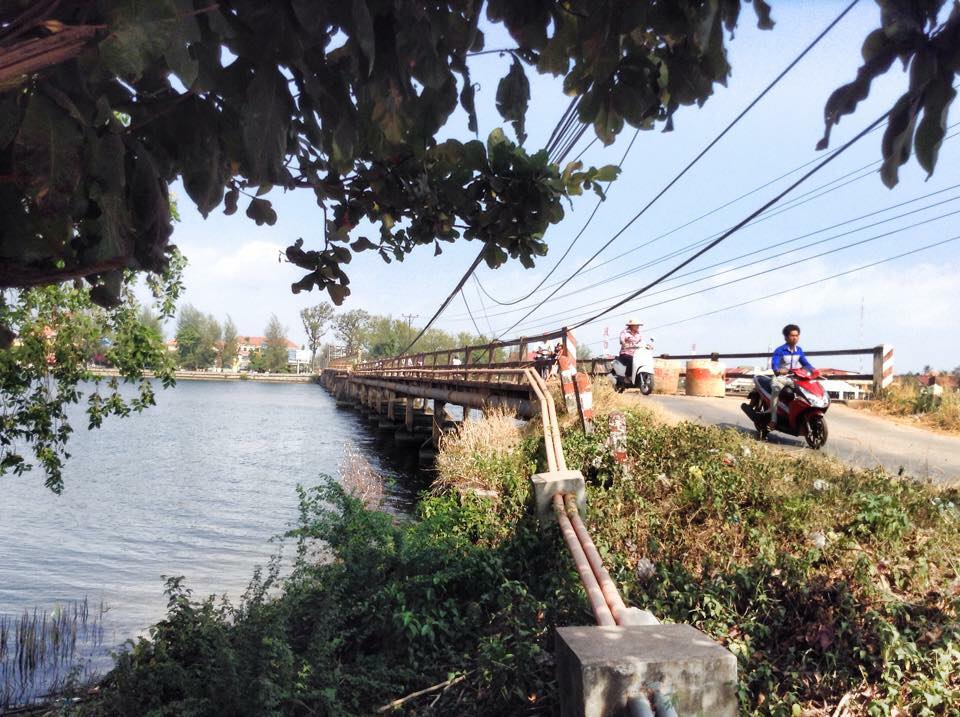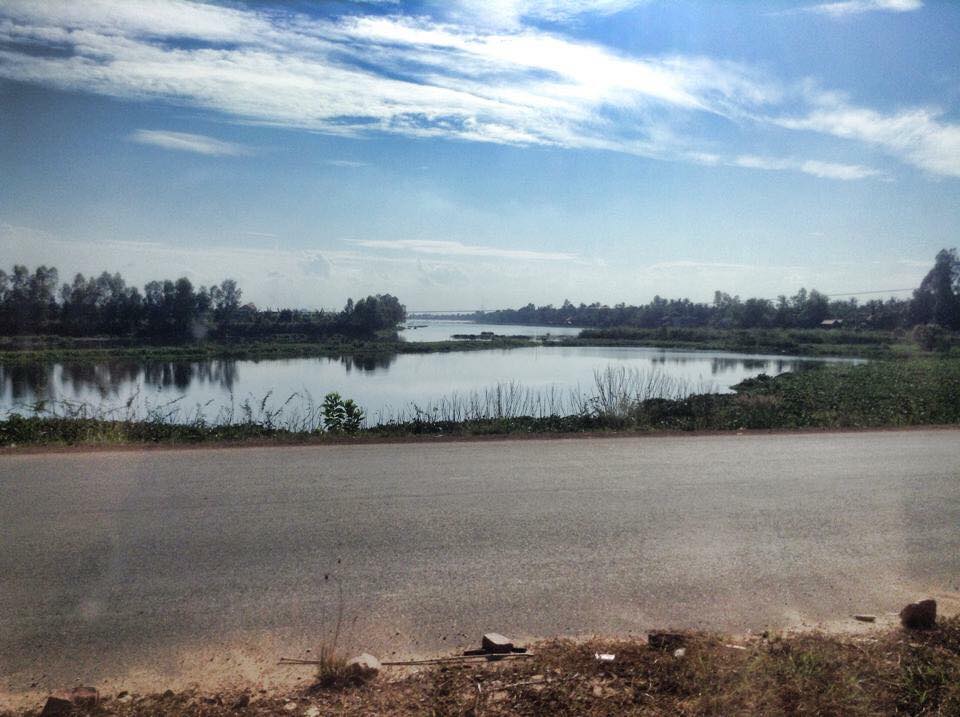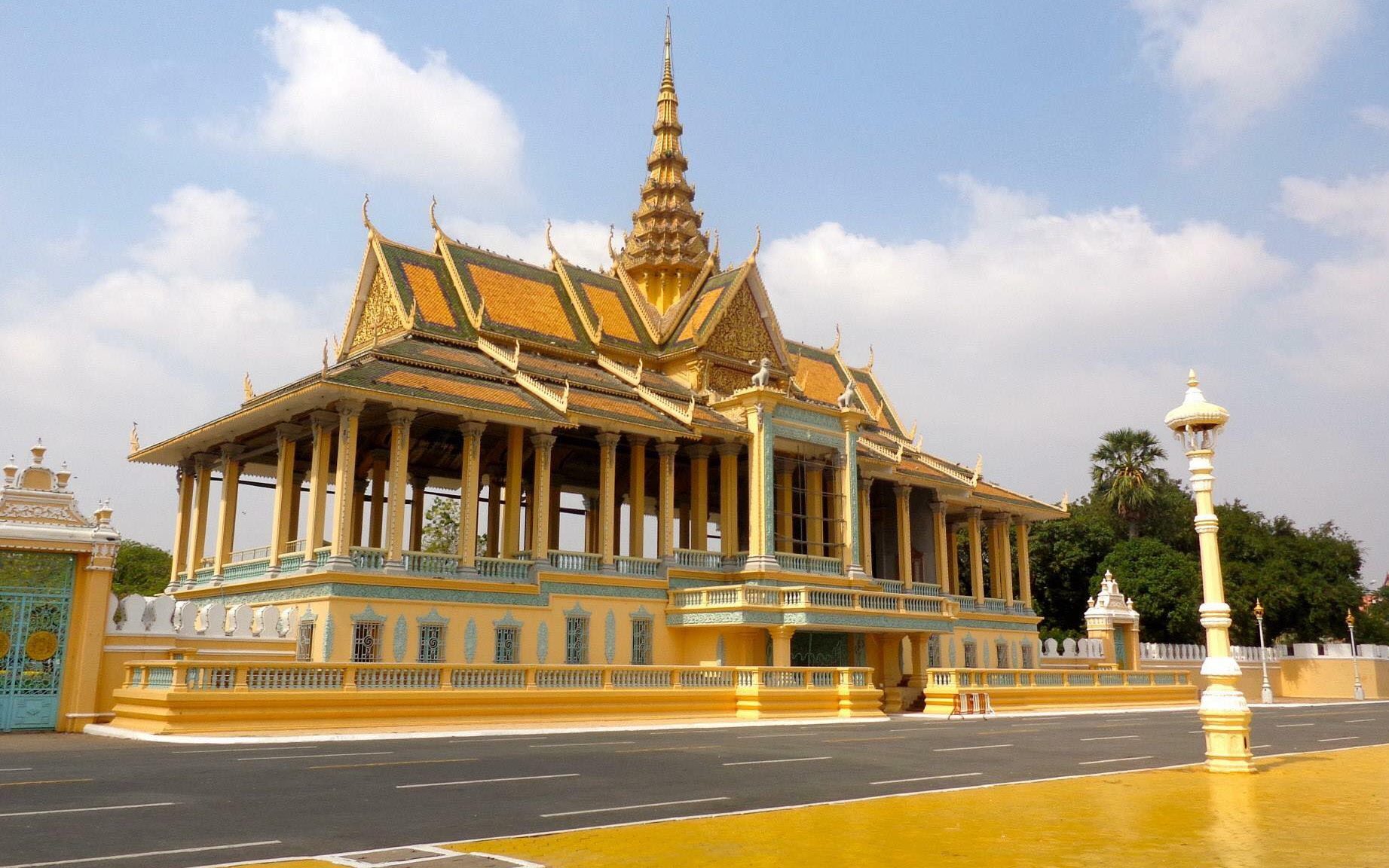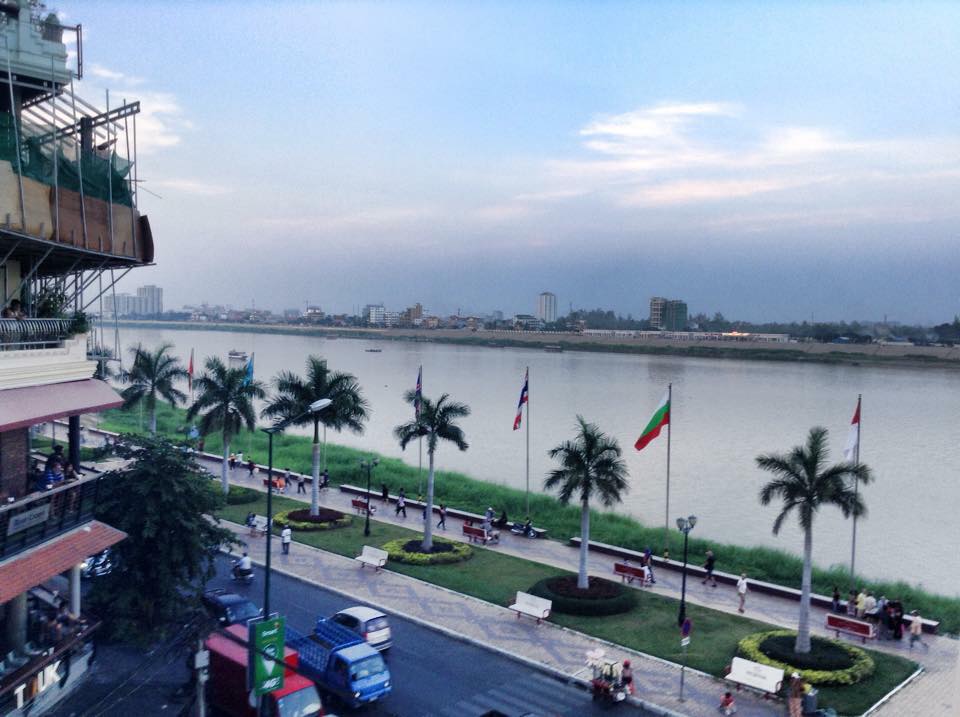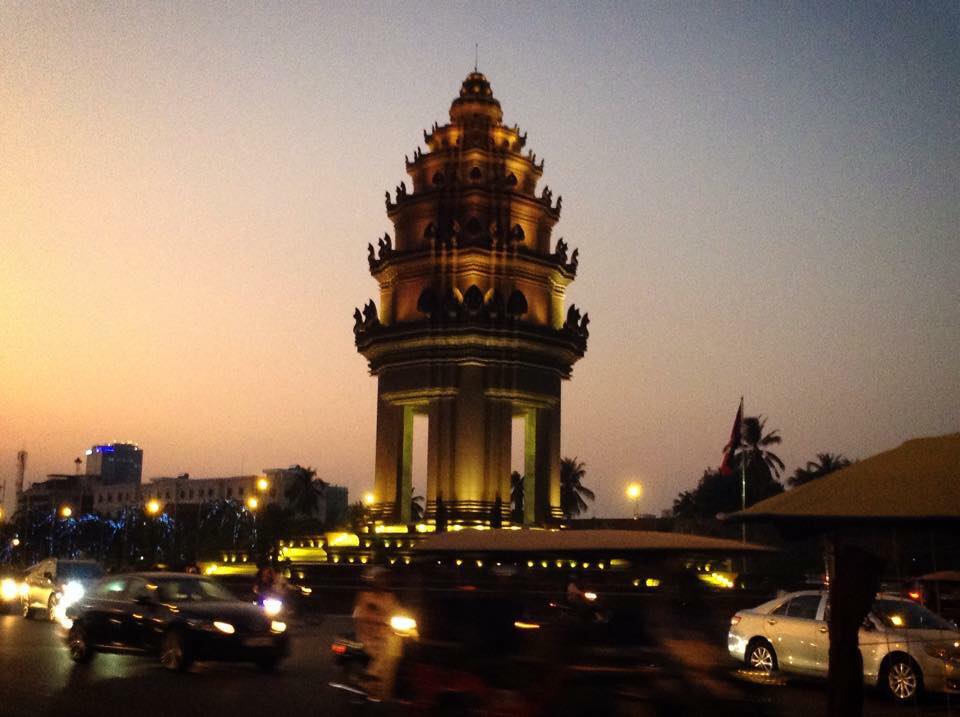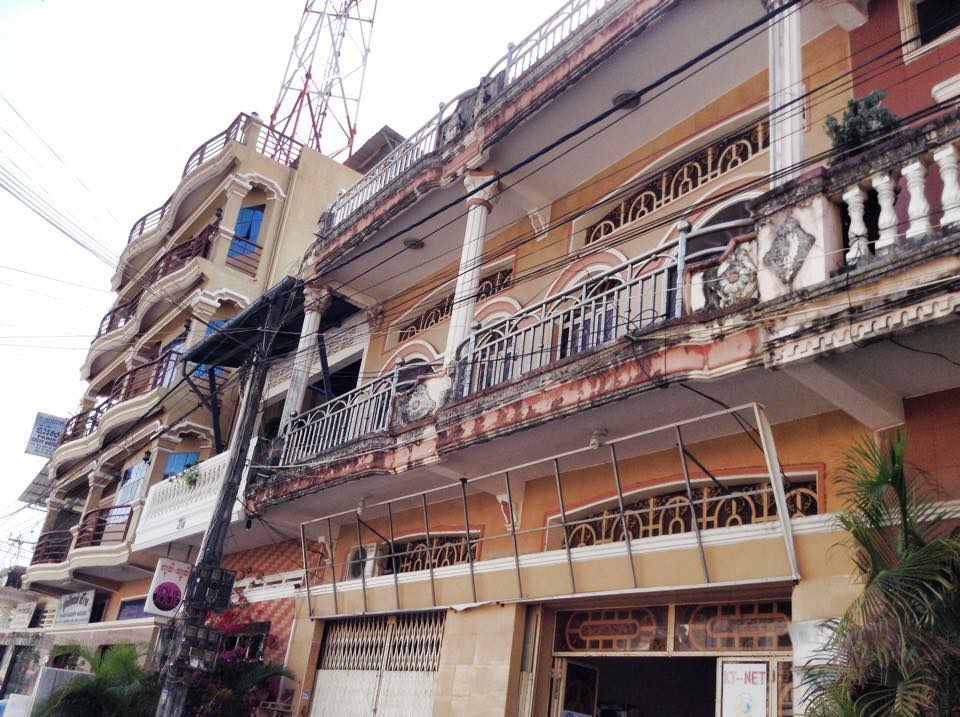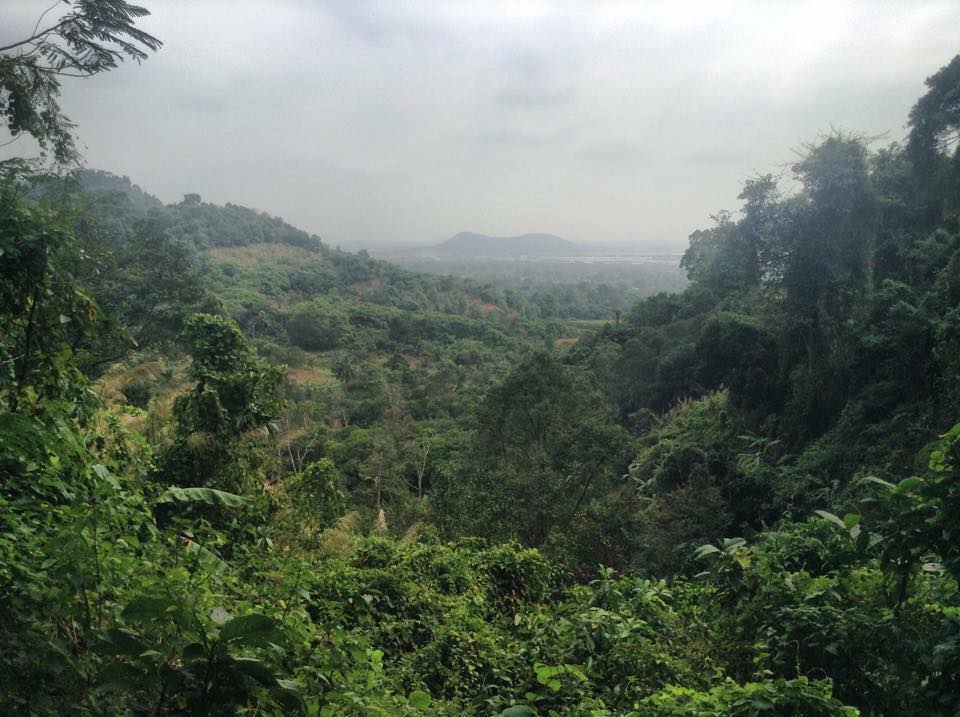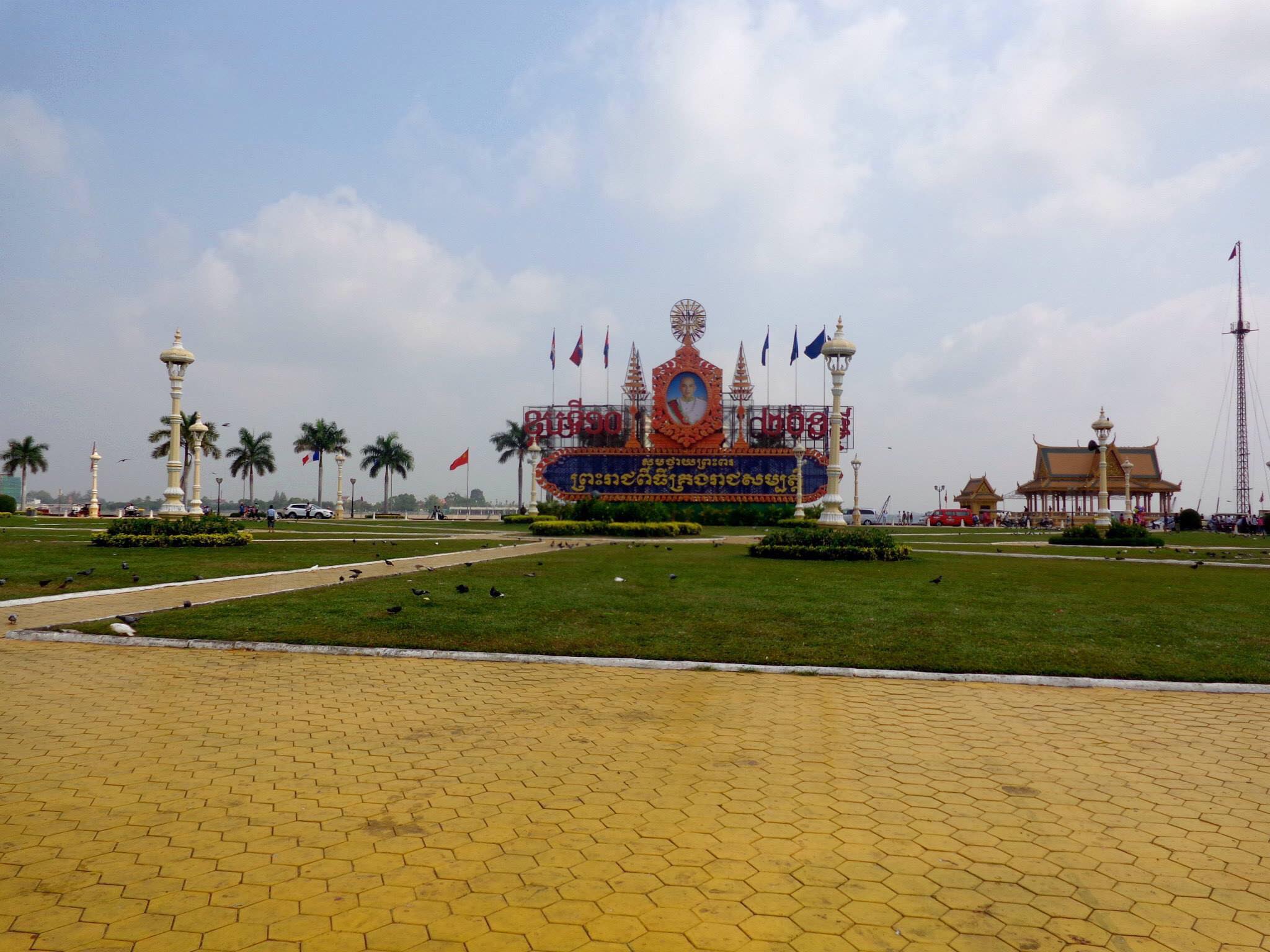At first glance IVHQ looks like a credible voluntourism organization. However, there isn’t anything ethical about the company. I volunteered with IVHQ in Kenya and was shocked by their misleading agenda and how they used locals in harmful ways to solicit volunteers and tourists.
By Kate Wilson
In late 2012, I had completed a double Bachelor degree of International Development and Public Health. Before I started a career in community development, I wanted to volunteer for a few months. I did as much research as I could and settled on going to Nairobi, Kenya. IVHQ seemed like a reputable organisation with great reviews and low fees for the three months that I planned to be there.
I inquired about IVHQ before I booked a program. I sent an email to the organization asking about the process, the costs and the details of the program in general. In my email communication, I asked whether I could read reviews and testimonials about the specific programs as what I had found online were volunteers talking and rating the accommodation, food, and their hosts, which I personally did not care about.
RELATED: 9 Things I Wish I Knew about IVHQ before Volunteering with them
FIRST RED FLAG–NO HONEST REVIEWS
The program coordinator suggested the testimonial page on the IVHQ website as well as the IVHQ Facebook page were good places to get information. I noticed that on both sites, the reviews were all positive but they did not elaborate on the activities of the actual programs.
I pushed aside the uneasy feelings I had and moved forward. I narrowed my program choices down to the HIV/Aids program and the Women’s Education Program. I emailed IVHQ again to ask what these programs entailed. I received an email response from Joe Gichuki- the Coordinator for Network for Voluntary Services (the IVHQ office for Kenya).
This was his response:
“The HIV/Aids and Women’s Education Program are almost the same in terms of activities. There may however, be slight differences. Basically those doing these two programs are placed in centres which have been set up to enlighten or give hope to those affected and infected by HIV/AIDS scourge. The centres have different activities eg; home visits meant to reach out to those people who are sick and have no one to care for them. During home visits they do cleaning, cook and feed the weak and sick. Other activities include enlightening them on the importance of having a well-balanced diet, good hygiene, importance of taking their medicine correctly and the negative impacts of involving themselves with hard drugs and taking of illicit brews. In other times, they visit hospitals to give hope to the sick.”
“For those doing HV/Aids program you may them places in hospitals where they can do counselling and actual testing of HIV/Aids. These are only those who have basic experience and qualified to do this. Those doing Women’s Education can work with teenage girls in schools to teach them on the reproductive health. Different centres have their schedule on how this is all achieved but basically this is what the two programs are involved in.”
RELATED: Why I don’t Recommend Volunteering with Frontier in Fiji
The Women’s Education program had a description in the volunteering manual which read:
Due to ongoing initiatives to support those affected by HIV/AIDs, many women living with HIV/AIDS are still able to continue and function on a day-to-day basis, but need support to be able to do so. IVHQ and our local partner work closely with centres which support these women, and their families, providing counselling, guidance and sometimes child care. The primary aim of these centres is to empower the women through income-generating projects, education and skill training. At many of the centres, many women are able to learn sewing, tailoring, candle-making and jewelry-making through subsized courses, and the women also have access to finance and small business management courses, enabling them to start their own craft-making or tailoring business to generate an income and provide for their children and families. In these centres, volunteers can assist in any area including counselling, skill training and campaign/education development. Volunteers on this program do not need previous experience or training in HIV/AIDS or Women’s Empowerment, however we do strongly recommend volunteers gain some understanding of the subject prior to their arrival.
SECOND RED FLAG–NO EXPERIENCE, NO PROBLEM
I was both intrigued and confused as to how I, a volunteer with relatively no experience with the above activities, would be any help to the women at the centre. I assumed that when I arrived I would be the one working alongside qualified and experienced nurses, social workers or community health workers that would provide me with training, but that wasn’t really the case.
RELATED: Beware of Frontier
THIRD RED FLAG–UNHELPFUL ORIENTATION
At the orientation, I was placed with a group of women who were HIV positive. The orientation was very vague as it didn’t offer any indication of the activities involved, details of the group of women, nor any training. Volunteers would be ‘thrown in’ to navigate everything themselves without a support person and this didn’t seem responsible to me.
On my first day, I was introduced to a group to six women from the WEEP centre- which stood for ‘Women’s Empowerment Education Program’. Apparently, it was a government recognised organisation. At the site was a two room primary school with about 30 children and a smaller room where the 6 women met. The group was ‘run’ by a local nurse named Gladys. The women were initially a bit shy but then opened up about their stories.
LOCALS BEING TAKEN ADVANTAGE OF
Over the course of a couple of days, it occurred to me that these women were not empowered at all. Instead, they were conditioned by Gladys to come across as weak, poor, helpless and sad. They claimed to not have any work because of their HIV. Gladys was providing them with an income, rationing it out weekly for the women to pay for their rent, food, medication and children. I was dumbfounded. I felt as though these women were not who they claimed to be at all but were in fact brainwashed by Gladys so that volunteers and tourists would give them handouts. These women previously worked as secretaries, teachers and housewives. These women were told to believe all of this negativity when I knew that they were strong, healthy and intelligent. I was unsure as to how long this was going on for. There was a local woman there to assist me who claimed to be a social worker, but I never knew if this was true or not, because she didn’t seem very interested in helping the women too much and looked to me for guidance instead.
HELPING OUTSIDE OF THE PROGRAM
Over the next week, I discussed with the women what they would like to do to generate their own income. They wanted to make bags and clothing to sell at the market. Gladys gave them money to get started. Another volunteer and I went into town and purchased Singer sewing machines for the ladies to get started. These would be theirs to keep. The morale and attitudes within the group lifted. A volunteer with a teaching background offered to teach the women English for an hour a couple of times a week. I taught the women how to make simple meals on their coal stoves. The women were becoming more independent, confident and happier.
FINANCIAL SHADINESS
Gladys had set up a space with souvenirs ranging from clothing, bags, jewellery and homewares that she claimed the women had made. The sales of these items would go directly back to the women. I asked the women about this and they admitted that they didn’t make any of the souvenirs. Gladys would buy items from the local market, increase the prices and tell volunteers and tourists that the women made these. Only a small percentage of the money went to the women and Gladys pocketed the rest. It occurred to me that the money Gladys had was in fact my volunteer fees. At this point, I was suspicious of Gladys’ motives. It didn’t sit well with me knowing that Gladys was controlling the women’s finances and lives in general. I spoke to the other volunteers and the ladies and we came up with an idea for the ladies to generate an income. We would help the women set up a ‘clothes washing business.’ Their first customers were the volunteers staying at our house. They needed bags of clothes washed and hung to dry. The ladies were enjoying running their own small businesses and having control over their finances. Gladys didn’t like the idea and not being ‘needed’ or in control of the ladies and wanted them to stop with the business.
RELATED: An Honest Look at Voluntourism: What’s Working and What Isn’t
In addition to WEEP, I visited another group of HIV positive women known as Power Women. These women were self-sufficient running their own jewellery making business, hair salon and were now in the middle of establishing their own child care service on the premises. They encouraged visitors to spend time with them, to participate in any of the activities that they were doing and they never asked for donations. I asked these ladies if the women at WEEP could join them as I didn’t trust Gladys and I thought the ladies could benefit from each other. The Power Women were a little hesitant at first, but happy to include the other ladies in their group. Unfortunately, I was only going to be in the country for the next week, and I was worried about the ladies. We confirmed with the women that the sewing machines were theirs- one each to keep and to take to the Power Women space if they wanted to go there. Gladys claimed that the machines were hers and not the ladies’. I took this up with NVS and they ensured me that Gladys would not take them or be involved with the ladies anymore. Some of the other volunteers kept in contact with the ladies after I left and I really hope NVS stepped up and made sure the ladies were ok. Being a young girl, with limited support, limited experience and who lives on the other side of the world is not the right person to hold so much responsibility. I didn’t have the time or resources to ensure that these women would be safe and I didn’t know who the other volunteers were that would be ‘assigned’ to the group after I had left. The whole program was not well managed, organised or clear. It felt as though NVS didn’t care about who was participating in this program as long as they were willing to provide handouts.
GOING ROGUE
I felt that I wanted to do more with my time while I was there so I accompanied some other students who were in teaching programs. I spoke to the Principals of two schools in the Kibera Slums and asked whether I could teach the students eight subjects- one per week. These were; Relationships, HIV/Aids and social stigma, Menstruation, contraception, STI’s, hygiene and sanitation, nutrition and pregnancy. I didn’t have a teaching degree but I did have a degree in public health and health promotion. As far as I was aware, only some of these subjects were taught at schools and not in very detail. When I asked the Principals why, I was met with a few responses. The reasons were that the current teachers employed at the school did not have the knowledge to teach them. Another reason was that the teachers were too embarrassed to teach these subjects and that they didn’t have enough government funding to employ a local health teacher. I was put into the school timetables immediately and the teachers were really excited and enthusiastic. I created fun, educational and interactive classes that the students enjoyed. Other volunteers loved the idea and joined in with some of the classes. A couple of weeks before I had to leave, I spoke to some other volunteers just starting out their programs and asked whether they would take over and teach some other classes at other schools in the area. They were very keen. I wrote a proposal to IVHQ asking whether they would include these subjects as part of a separate teaching program for future volunteers. My idea fell on deaf ears and I was never given a reason. The only reply I received was that “it is not possible”. I tried to contact IVHQ again when I returned home but no one from the organisation ever got back to me. This was just another disappointment with NVS and IVHQ.
I honestly don’t feel as though they care about anyone besides themselves and raking in as much money as they can from unsuspecting volunteers. IVHQ isn’t an ethical program and I advise volunteers against giving them your money or time. This organization isn’t actually helping local communities. Instead they use to them lure in volunteers and tourists for their financial gain.

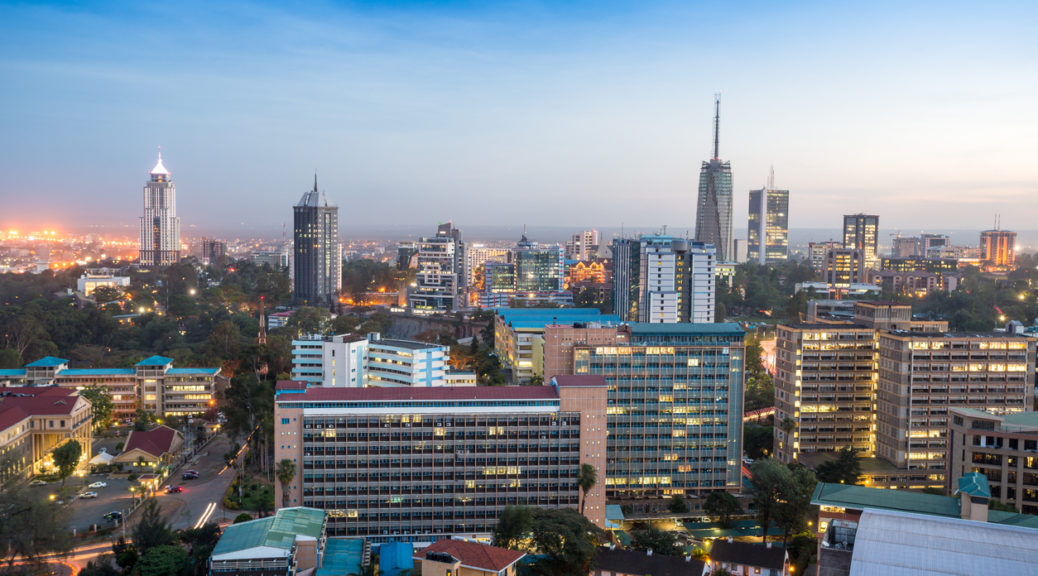
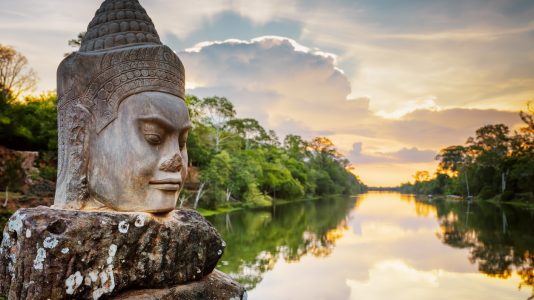

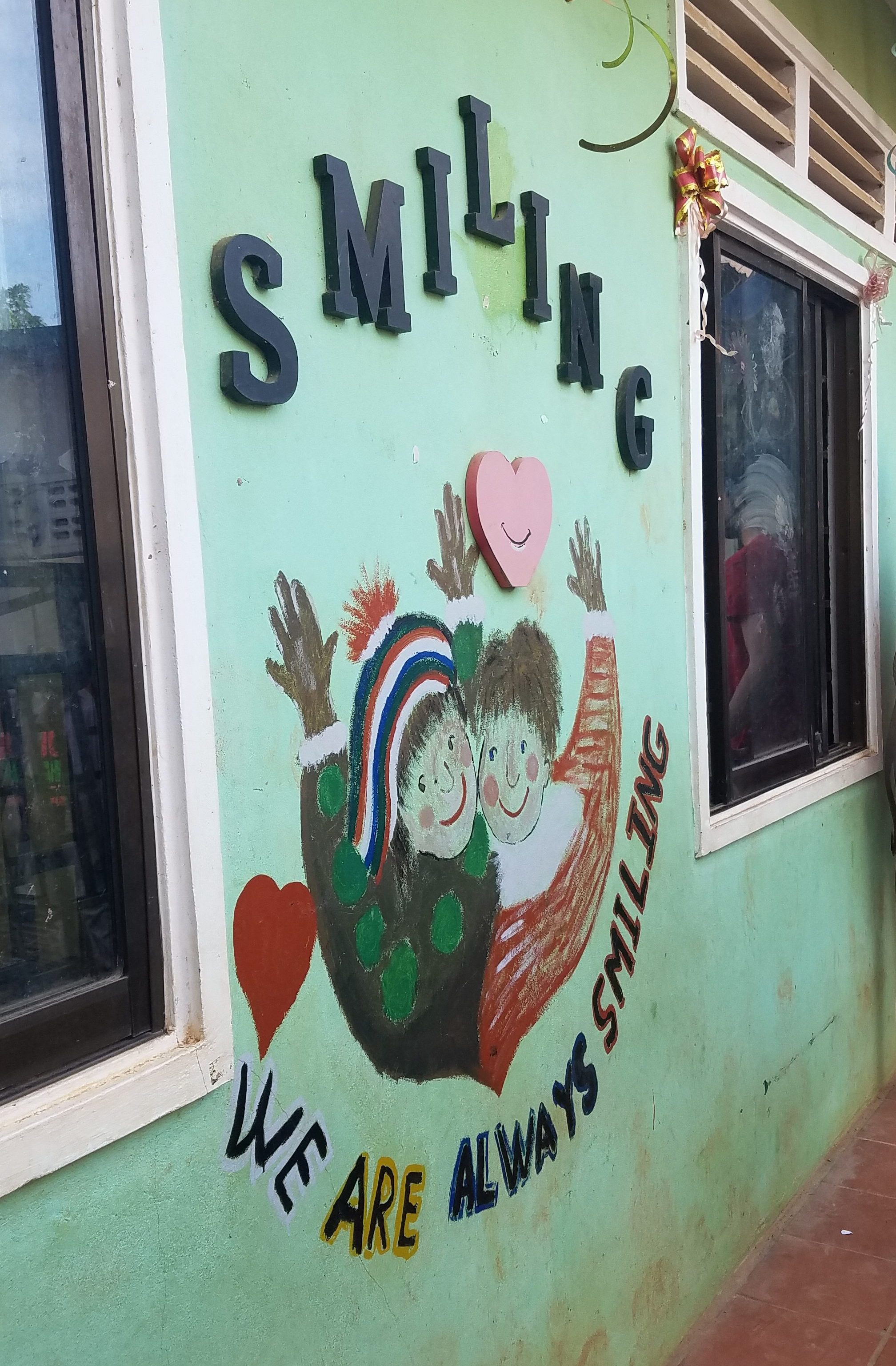

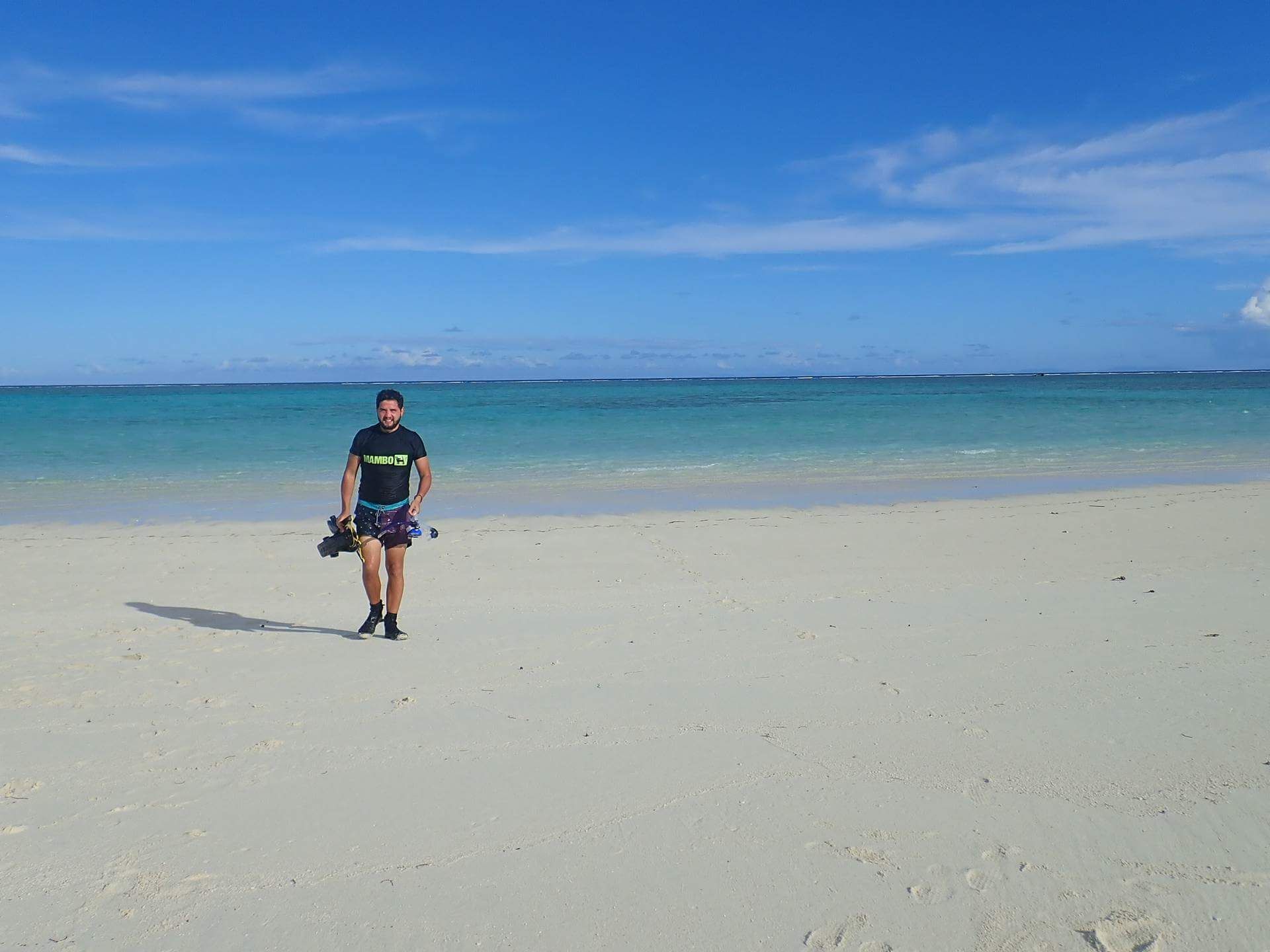
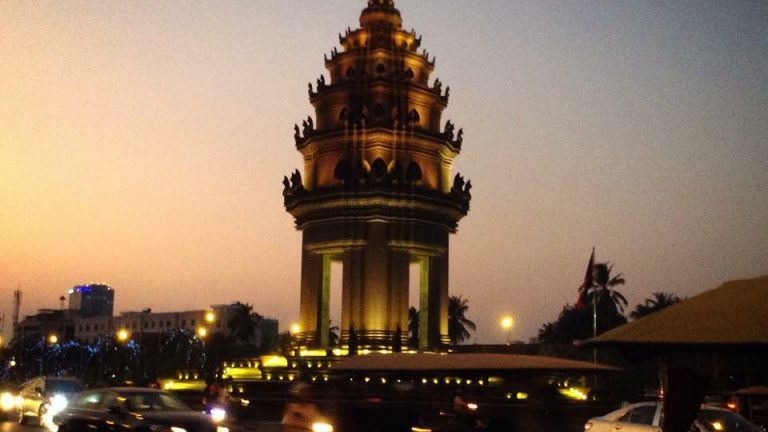
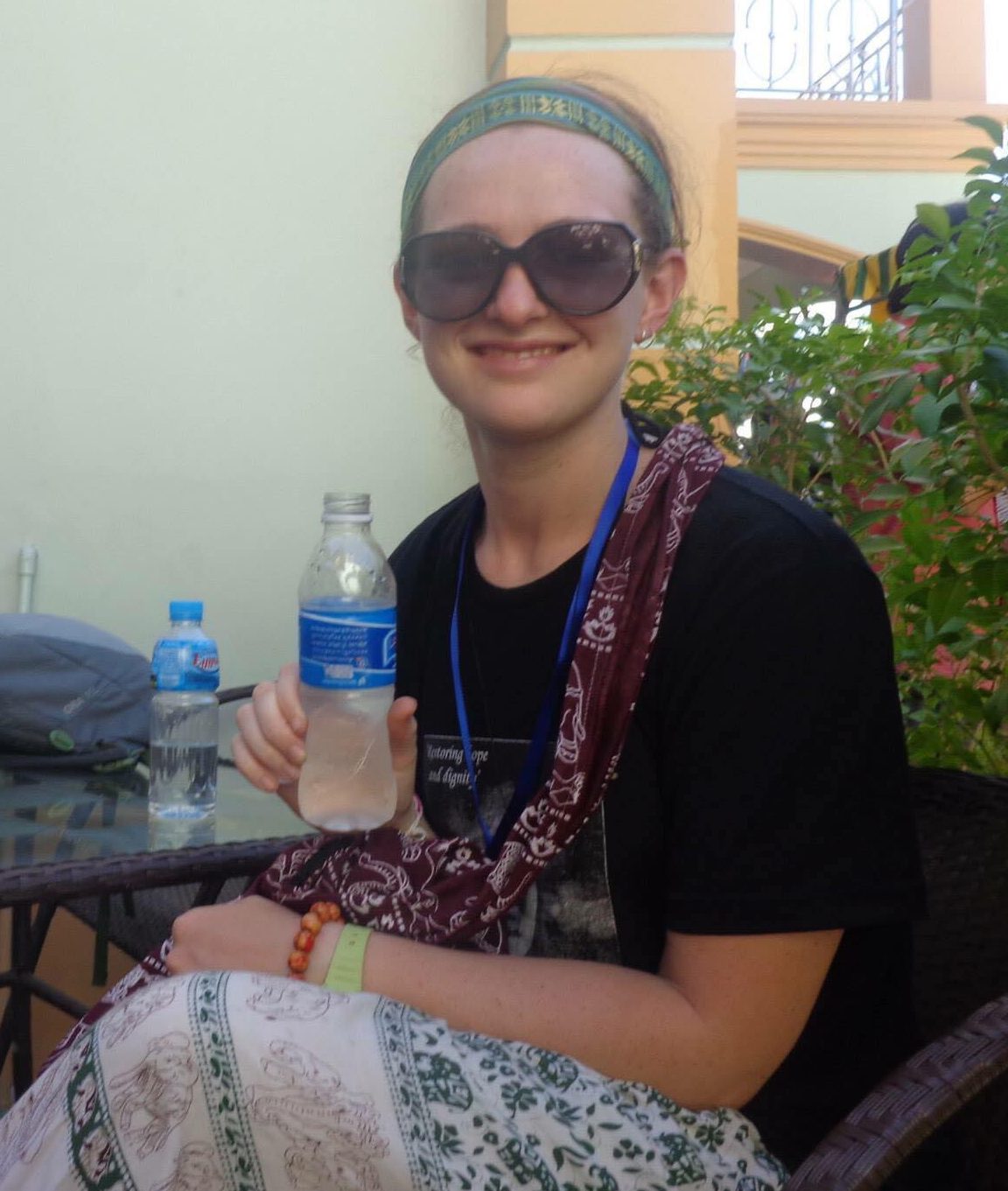
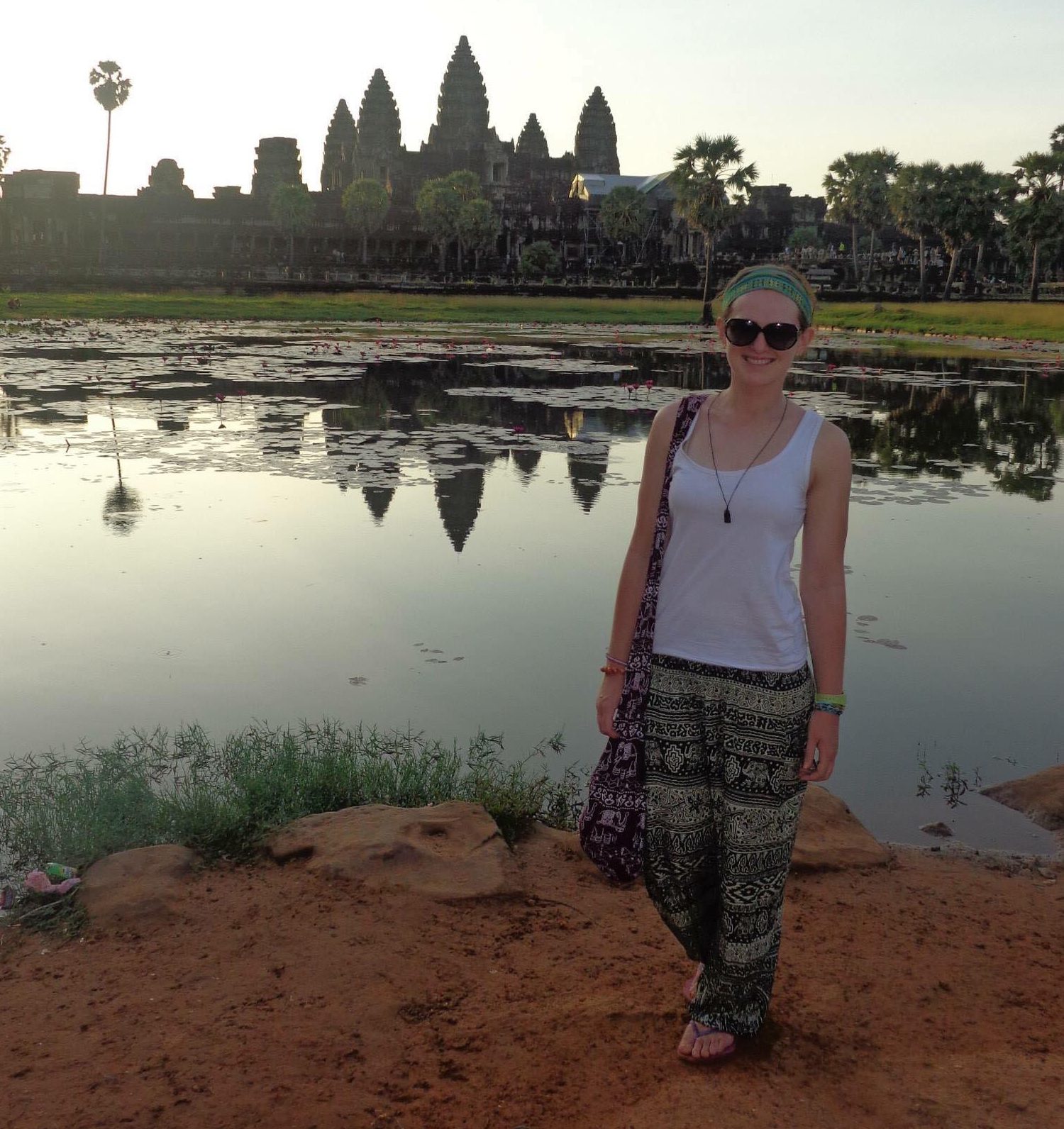
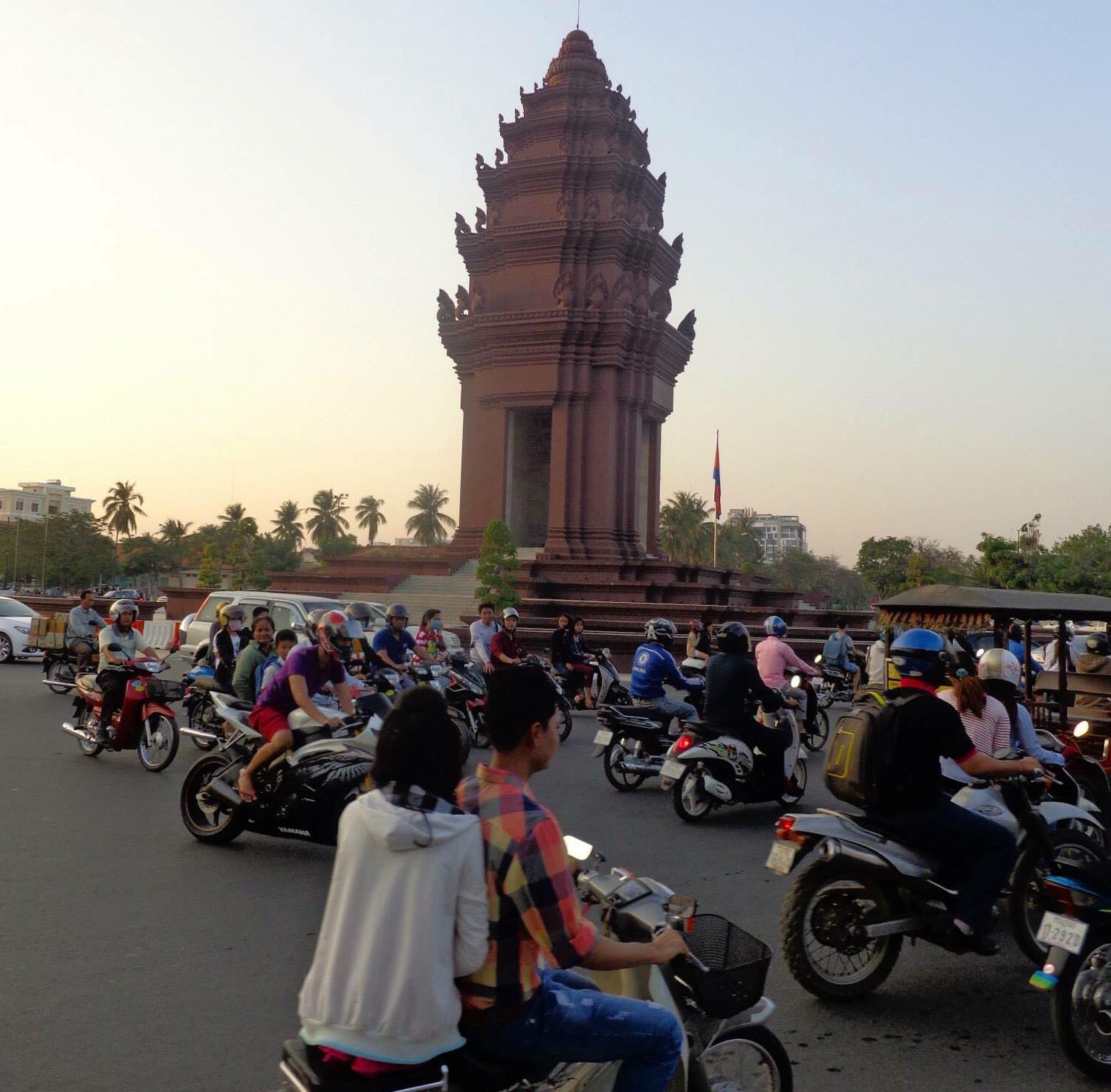
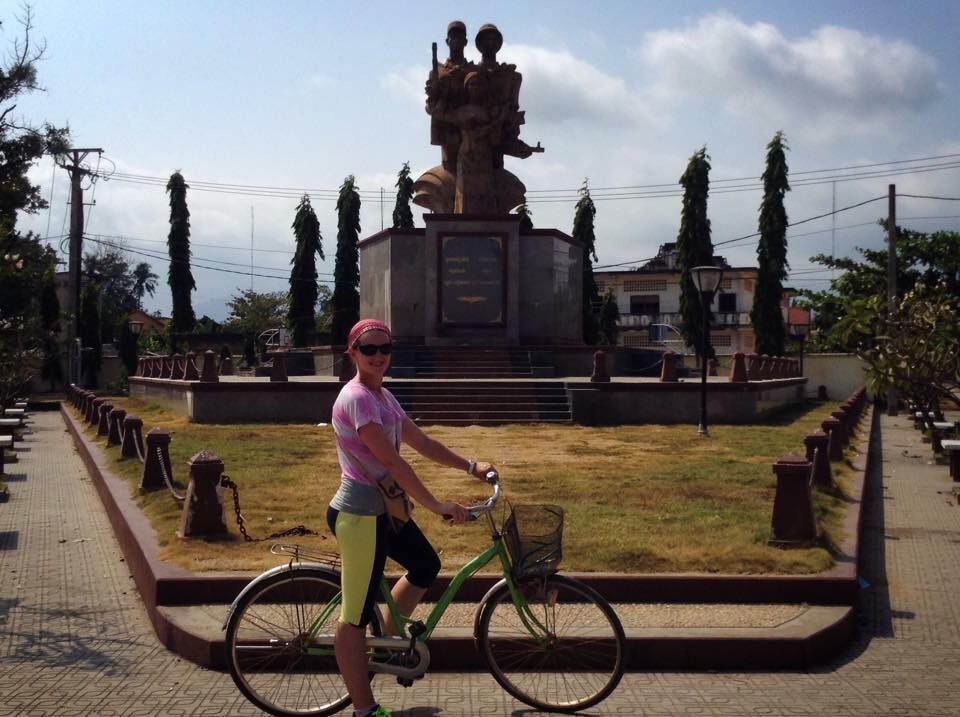
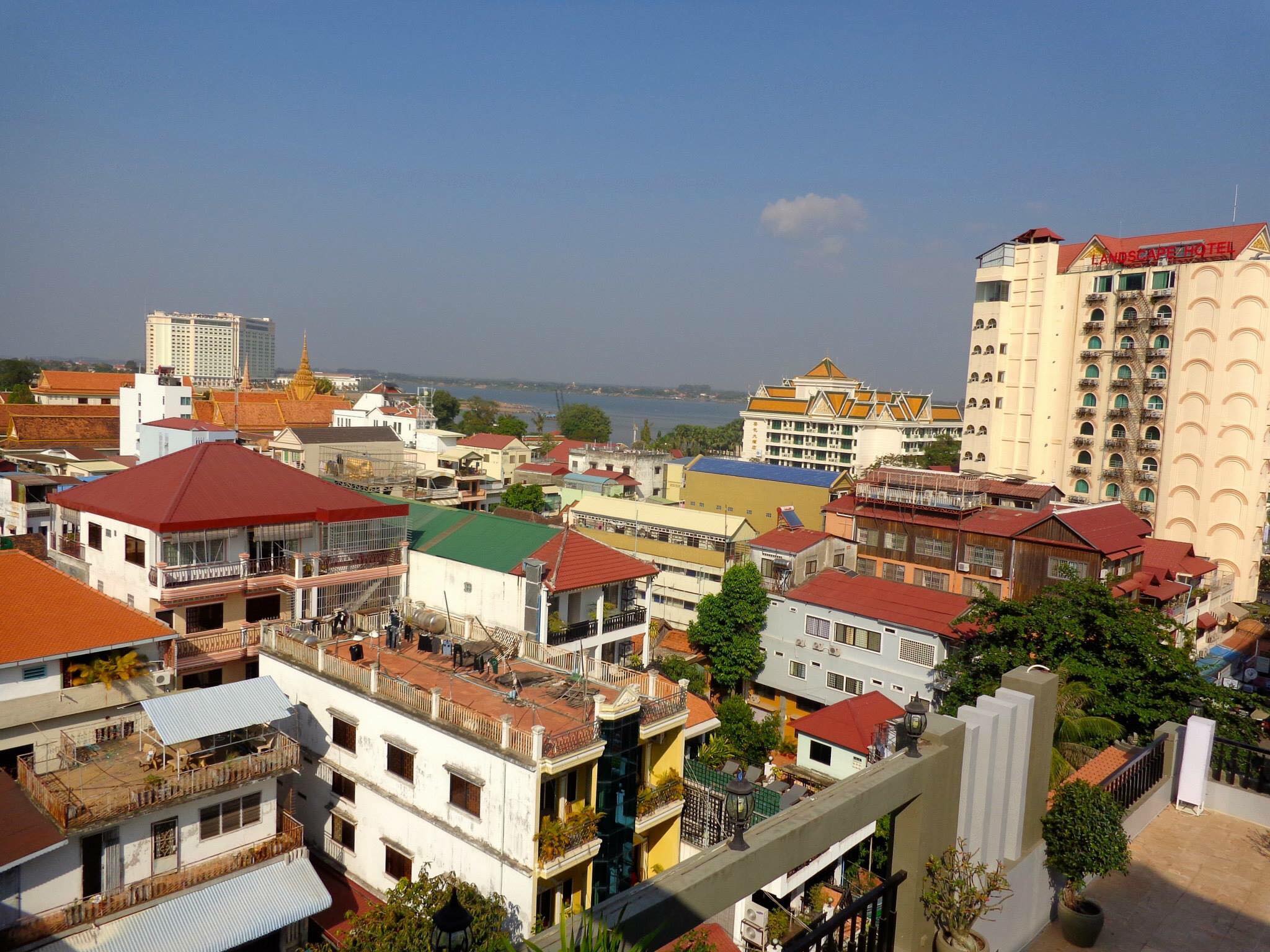 ‘
‘